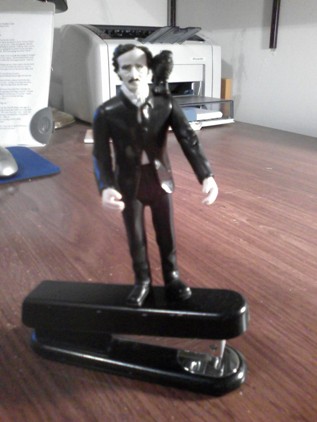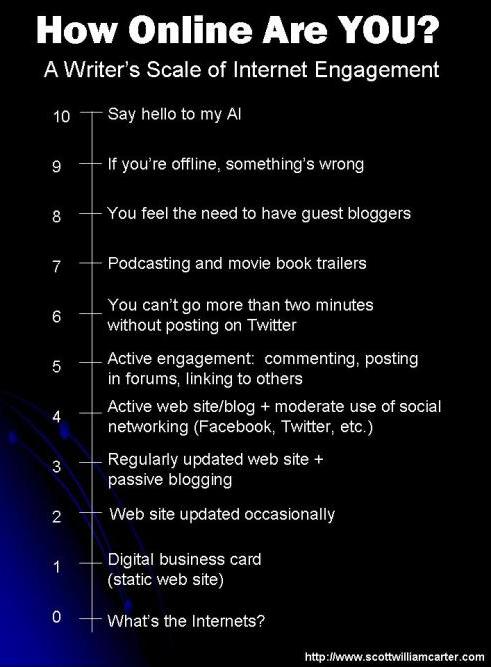As I sit here on New Year’s Day, the kids playing with their cousin on the floor beneath me, my wife baking in the other room, a hot cup of coffee on the end table, a computer on my lap, and the sound of the rain outside as I sit here comfy with my feet up on the recliner — I have to think, you know, this is a pretty darn good life. Of course, all that baking will mean a pile of dishes to do later, but hey, I really can’t complain. Well, I could, but I don’t imagine I’d get a lot of sympathy points.
As far as writing productivity goes, 2009 was a decent year. Not a great year, but at least back to where I was when I decided to get serious about being a writer about eight years ago — with two new novels finished, another novel started, and five stories out to editors. As far as publications go, it was pretty quiet, with just one short story seeing print (“The Bear Who Sang Opera” in Analog), but you know, for the most part the publication process isn’t something I can control.
Still, 2010 should be an even bigger year when it comes to productivity, far exceeding any year before it. I made some changes to my work habits the last third of 2009 — mostly just being much more strict about adhering to regular daily word counts — and it paid off in a big way. So I’ll be sticking with the daily regimen. Plus I’m doing a short story a month while I’m doing the novels and that’s helped my productivity too, allowing me to switch from one project to another when I find myself stalling a bit. More than anything else, I measure my success in terms of productivity, so just plain writing more has been intensley gratifying.
And that’s just the beginning. I’ve got big plans for the website too. I’ve done a lot of thinking the last few months about what it means to be a writer in the twenty-first century — especially a fiction writer — and you’ll see a lot of that thinking turned into action around these parts in the near future. No need to say more for now, but it’s going to be fun. Work, but fun.
This year will also see the publication of my first novel, as well as two story collections, so it’s already set to be a banner year.
I’m not big on posting all of my goals and plans publicly (though I’m actually very big on the whole goal thing pesonally), but I will say that my main focus this year is being smarter with my time. As productive as I am, I’m often aghast at how much time I fritter away. Since I want to crank things up a notch this year — in all aspects of my writing — it’s not something I can let myself get away with any more.

 Me: One of the things that strikes me about the Internet is how readily some people share aspects of their lives they wouldn’t dare share with the stranger sitting next to them on the bus.
Me: One of the things that strikes me about the Internet is how readily some people share aspects of their lives they wouldn’t dare share with the stranger sitting next to them on the bus. 